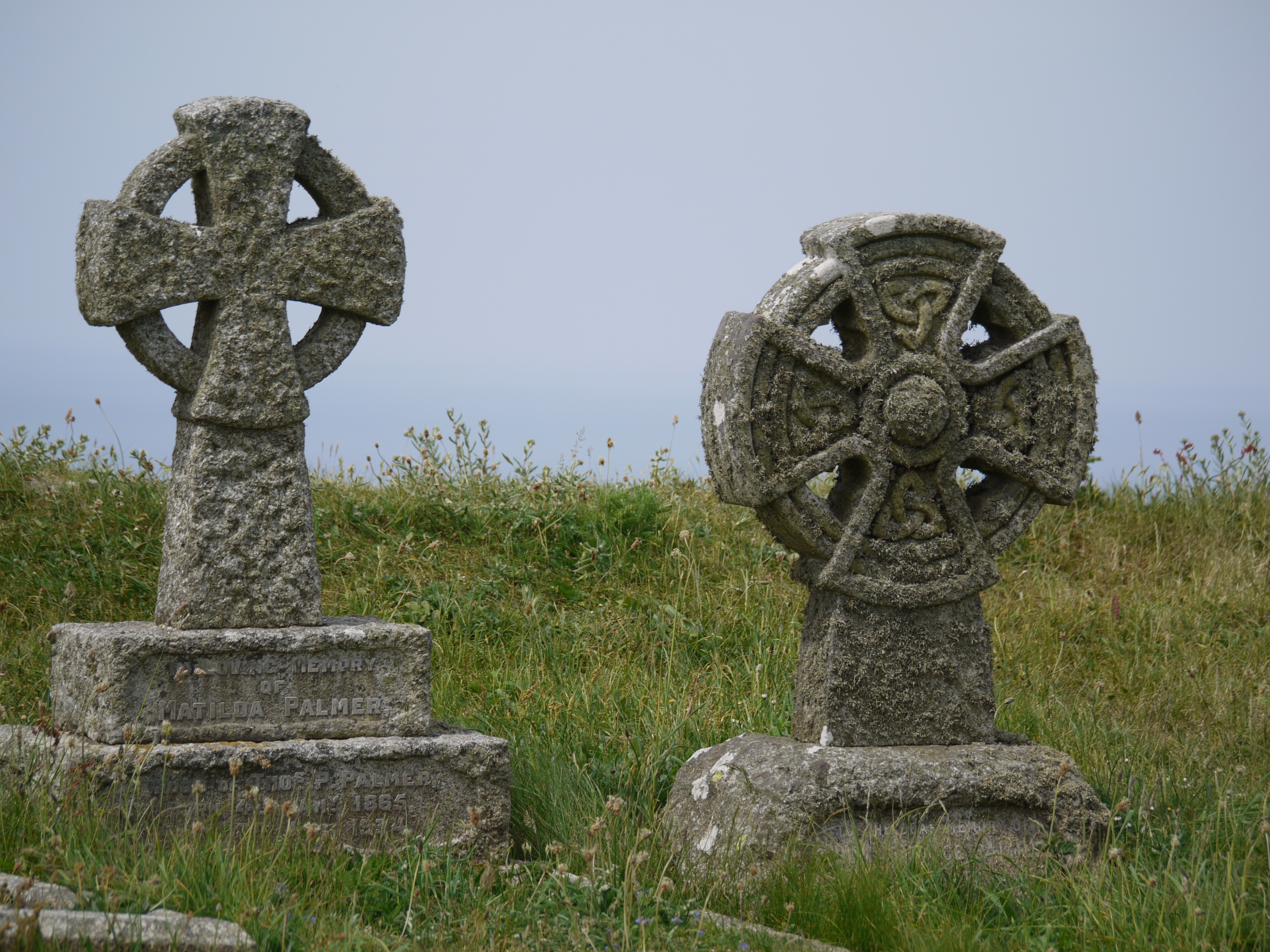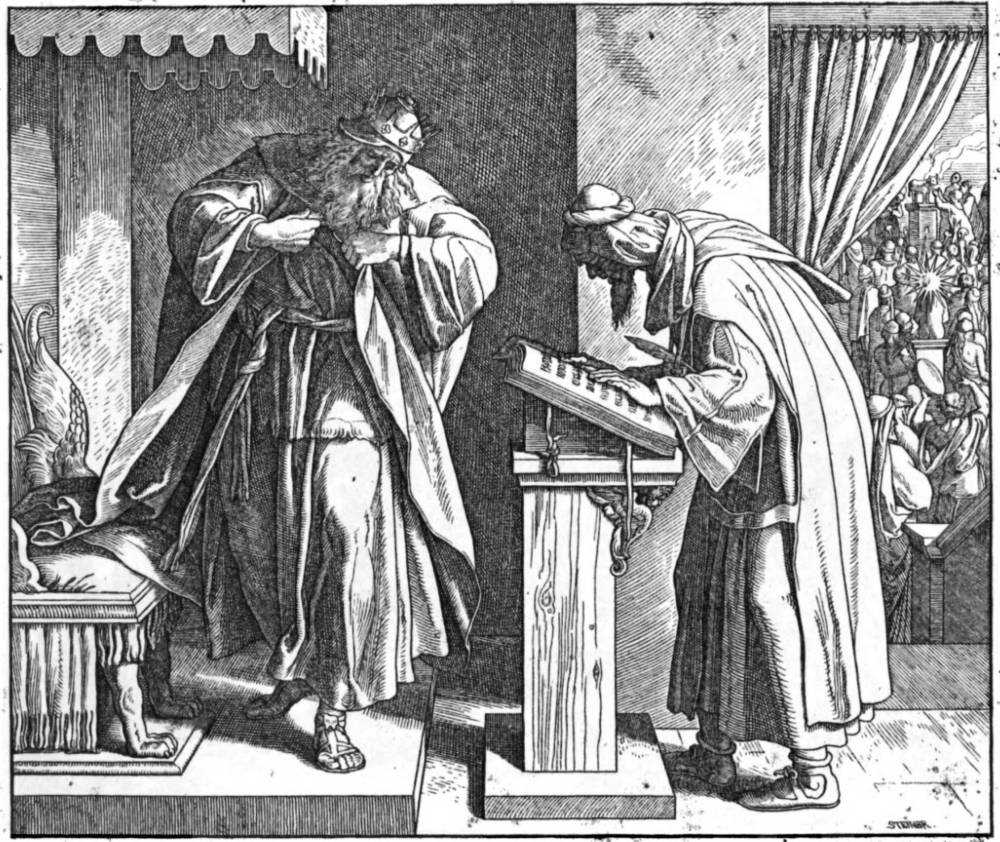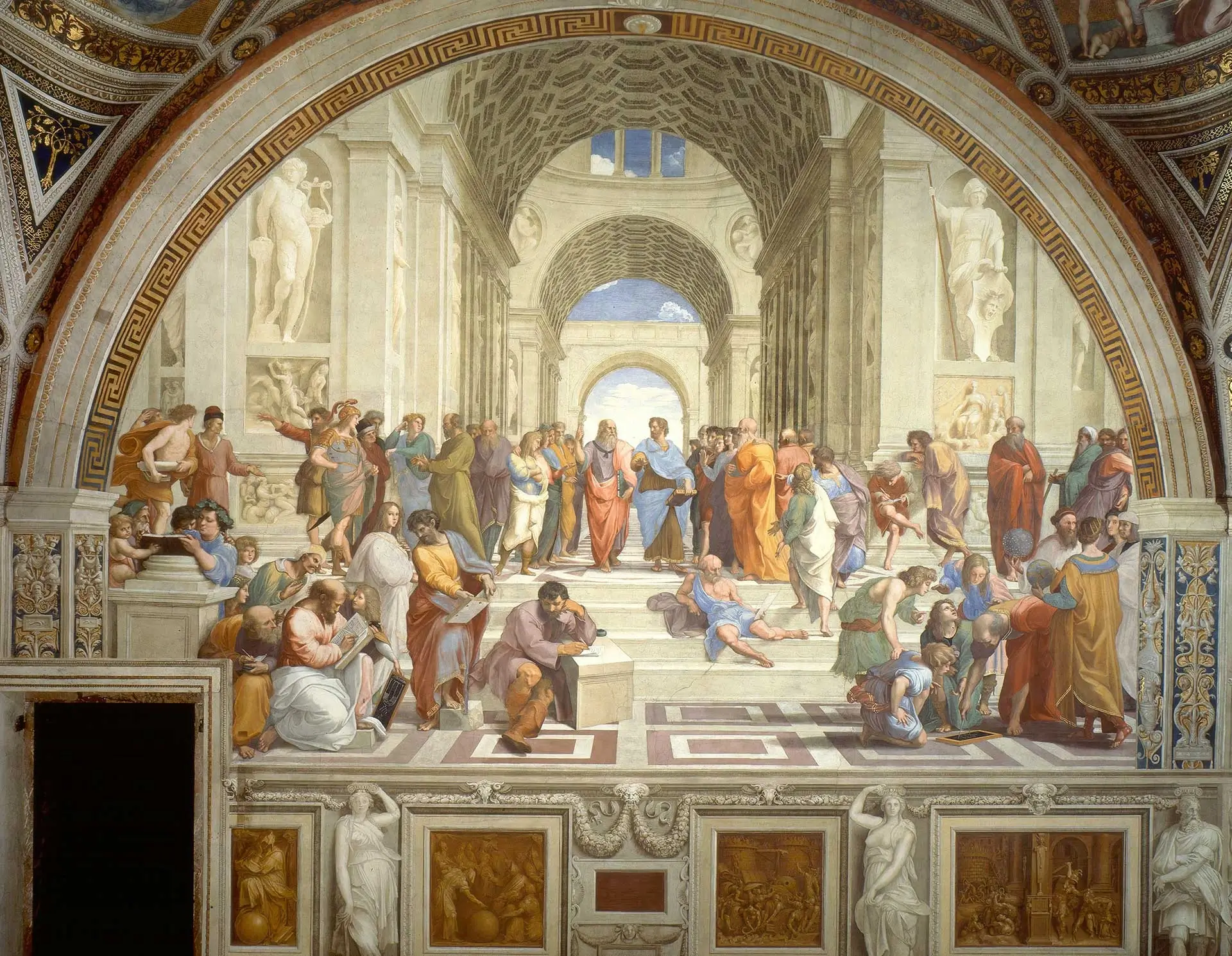In the past few months of this year, two nations settled, at least to a degree, the issue of the legality of abortion. Both of these nations are of once-proud Catholic heritage, now faced with rising modernist decadence. In both, the pro-death side had greater popular support than the pro-life side. Yet in one of them, life was defended, while in the other, the floodgates were opened for child murder on demand. This is not a coincidence, and examining their examples in detail will yield an observation most modern Christians will likely find themselves uncomfortable with, but which they must sooner rather than later confront.
In the first place is Ireland, which in May voted in a national referendum with the result of repealing the Eight Amendment of their Constitution, a 1983 prohibition on abortion in nearly all circumstances, which recognized the equal rights of the mother and her unborn child. With a turnout of around 64%, the “Yes” (pro-repeal, pro-abortion) side won with about 66% of the vote. While technically legislation on the issue still needs to be passed, the government had already pledged to legalize abortion on demand for up to 12 weeks in the event of such an outcome. In the meantime, doctors are now “freed” to perform abortions and will be asked to do so, though for the moment they may still conscientiously object.
In the second case is Argentina, the birthplace of Pope Francis. This month, the Argentinian senate voted 38-31 to reject a bill which would have legalized abortion on demand for up to 14 weeks after a grueling 15+ hour debate. Many Argentinians stayed up late into the night and waited in the streets for the result. Afterward, the pro-life side celebrated, while some on the pro-abortion side protested by assaulting police and pro-lifers and setting up barricades and street fires. The legislation the senate voted on had already passed the lower house, and the president had pledged to sign it if it passed the senate too. Similar to Ireland, public opinion polls showed that around 60% of the public actually supported the bill and the easing of abortion restrictions. Yet, for the time being it has been defeated.
What is the difference between these two scenarios? There are two relevant distinctions, with the first being the ultimate focus of this article: democracy. In Ireland, the pro-abortion side won a resounding and effectively total victory through a referendum, which is the most inherently democratic form of doing politics currently practiced. It is literally putting the issue up for a vote in the court of public opinion, where no one’s voice counts any more or less than their neighbor’s, and the only method each side has is argument and trusting that righteousness will prevail in the individual judgment of every voter. Contrast this with Argentina, where the issue was decided in the senate, traditionally the less representative house of the legislature, which is already a step removed from the pure democracy of a referendum. To make the point clearer, simply consider public opinion in each case. In Ireland, as reflected in the referendum vote, over 60% of people supported increased abortion. In Argentina, according to polls, a similar proportion did the same. It is clear that one result is simply more democratic than the other, yet the undemocratic result – the one that, technically, thwarted the will of the people – is the one which is moral, humane, and God-honoring; while the democratic result is the one which is immoral, inhumane, and in rebellion against God’s laws.

This first observation having been established, a second dimension must now be examined: that of the Catholic Church’s involvement. Protestant and Orthodox Christians should not be distracted or confused by this specificity. The Catholic Church has had a historic predominance in the cultural construction of both of these nations, and wherever it has been present, has traditionally asserted an actively social role, rather than functioning merely as part of the overall cultural backdrop. While the theological differences between Protestants, Orthodox, and Catholics can be for many quite serious, and with good reason, in the big picture all three church traditions have historically held the role of representing the Gospel of Christ to their respectively dominated societies, and of being the practical moral foundation of societal values. Insofar as each follow the Bible as the Word of God, the positions of their devout on the most crucial issues, such as abortion, should be and generally are the same. Therefore, for the purpose of this examination, though the Catholic Church is the specific subject, the point is about cultural Christendom as a whole, regardless of broader denomination.
It is the above-referenced traditional tendency of the Church to assert itself socially which is the focus in this second dimension. Again, a clear divide between the two abortion examples emerges. In Ireland, the Catholic Church actively did not take a role. The pro-life side discouraged its explicit participation in their cause, choosing to emphasize “moral values and human rights rather than [sic] religion.” After some priests warned their congregants that they would not be able to receive Communion if they voted “Yes,” the Association of Catholic Priests admonished its membership to refrain from using their (literal) pulpit to speak on the issue. Meanwhile in Argentina, Pope Francis reportedly personally asked pro-life legislators to lobby their senate colleagues to vote for life. Priests and bishops held a “mass for life” during the debate, and prior to it spoke boldly from their pulpits on the matter. Afterwards, many were not shy about their involvement or taking partial credit for the outcome.
What is to be learned here? The second observation leads into the argument more natural for modern Western Christians to make – that they must be involved in the culture. They must be involved in the politics of their nation. Many, especially American Protestants (which is this author’s national and religious affiliation), would look at the given descriptions of the Church’s political involvement and leave it at that. And certainly, this is a powerful example of the undeniable and vital truth that if the Church does not actively lead the nation, the nation will fall into degeneracy and godlessness without fail. For some, even acknowledging this lack of any middle ground and the necessity of uncomfortably non-neutral involvement in politics by them explicitly as Christians, would be a welcome and much-needed step. But this is a low bar to set. This is the bare minimum. After one realizes, or better yet consciously submits to the truth, that the pursuit of a Godly society is a Christian duty reflective of both God’s commands and His love for all humanity, one must be willing to follow this line of reasoning to its logical conclusions, rather than stopping at arbitrary, time-relative, man-constructed limits.
Where many modern Christians fall short is in restricting the political involvement of the Church to limits not set by the Church, but by secular, civic society. This is obviously wrong, because it makes them relative to the time period in which one lives. As all Christians know, God’s truth is not relative to age. For example, ancient Christians with this thinking would have engaged with the issues of their day by first accepting pagan monarchies. Modern Christians, in turn, only engage politically after having accepted the overarching framework of secular, non-religious democracy.
The point of this is not to merely substitute a new relativism, in the sense that no government structure can be any more right or wrong than another. Much the opposite, in fact. Instead, the point is that democracy for modern Christians is an idol. It is something they accept fundamentally before they step up to engage in current issues from their Christian perspective. They do not think that they do this, because most would be very willing to say that if the world’s perspective or even the laws of their country conflict with God’s laws, they will follow God no matter the personal cost. And this is not intended to cast doubt on their devotion, which in most cases is, in this own author’s opinion from having grown up in this culture, absolutely and commendably sincere. They do mean what they say.
But consider again the examples of Ireland and Argentina. If the latter had also put the issue of abortion to a referendum, it is very likely, given the opinion polls, that life would have lost, despite the vigorous participation of the Church. If the Church had engaged in Ireland, it is still very possible that the result would have remained unchanged. The difference is that the political methods by which the subject was resolved – the fundamental political framework within which it was addressed – in Argentina worked to the advantage of the Church, allowing it to use its influence above its weight in public opinion, and insulated national policy from pure popular will. Consider how American Christians would and likely did react to Ireland. “It is a sad result, but the people voted. That’s democracy and we have to accept it. We have to work harder to change their minds and take back the culture.” Why is accepting the decision of a godless culture more important than the unchangeable, eternal decrees of God? Why did they lose the culture to begin with? Can they provide a single example from history where the Church, having “lost the culture,” was able to win it back?

This can and should be extrapolated to a comparison of systems of government. While technically Ireland and Argentina have the same system, the contrast in how they handled this particular issue – democratically in Ireland, and undemocratically in Argentina – is the real point. Democracy is fundamentally ungodly. It is placing trust in the supposed wisdom of the ordinary man, the worship of the aggregate of public opinion. It is stupid for Christians to react to such events by saying they must “take back the culture,” because implicit in their statement is the acceptance of a fundamental structure not set by them. The reverence of democracy is completely relative, and therefore nonsensical. It is, overall, a modern system of government. It was unheard of for most of human history in most places, and can be found nowhere in the Bible. Instead, God used individuals as unchallenged leaders for his people Israel, and later established a monarchy for them, albeit after a stern warning and disappointment that they were unable to remain satisfied with Him as their only King. Contrast the immense influence that individual kings had over whether the nation of Israel followed God and was blessed, or turned away and was cursed, with the anarchy and barbarism described in the book of Judges.
Monarchy reflects God’s relationship with mankind. The broader principle at work is hierarchy. Democracy is inherently anti-hierarchical. As described, everyone’s vote counts equally, regardless if they are a devout church-goer, a secularist, an immigrant who merely lived in the country for an arbitrary period of time and signed a piece of paper, or a God-hating profligate. Why do Christians worship democracy itself as though it were a new law of the universe, something that simply must be and cannot be challenged? Did people before the French Revolution live without gravity? Throughout modern history, democratization has coincided with the cheapening and decay of Christian influence and moral values in the slide toward the lowest common denominator and the rewarding of the basest and most selfish instincts of man. Meanwhile, from Moses to King Josiah to Francisco Franco, God has used undemocratic strong men to bring about objectively Godly ends, such as the preservation of morality and the Church in times of turmoil and persecution. Monarchy is structurally, inherently better suited for creating and maintaining Christian societies and preserving Godly values and religious liberty. It is a better reflection of God’s nature and His relationship with man, and historically has been the system of government of strong, proud Christian societies which preserved truth within and were a beacon to the world without. A monarch is incentivized to care for his own people with a long-term vision and accountability to God, while democracies incentivize short-term thinking, selfish plunder, individualization, and the secularism which justifies this lifestyle by exalting man’s wishes over God’s will.
This having been established and illustrated, all that remains is to inject a little pragmatism. Does this mean Christians immediately take to the streets in revolt, or stop all engagement with modern society because they reject its fundamental construction? No, plainly such suggestions are silly and useless. But what Christians must do is ask themselves who, or what, they really serve. If it truly is Christ, then the only logical conclusion is that their allegiance to Christ’s Gospel and God’s law goes deeper than every other. They must untether themselves from the artificially programmed reverence for the objectively inferior, inherently decadent system of government in which they live, and recognize that the Church must lead the nation, and this includes setting the nation’s system of government, not arbitrarily accepting that which has been set for them. They must recognize that democracy makes it harder, not easier, for moral goals to be achieved, and for society to live in reflection of God’s standards. Systems of government, not exclusively monarchy, which are built on and perpetuate hierarchy and group cohesion are more effectively led by the Church and in turn naturally support it. Replace the current vicious cycle with a healthy one. The road is long, but the game is winner-take-all, and if you don’t play to win, you concede defeat. Retrain yourself to react to issues and events by refocusing on God’s standard, rather than reflexively defending man’s, whenever the two conflict, in theory or in practice. Democracy has become an idol, and it must be torn down, first in the minds of Christians, and then by us in our societies.
References
Catholic Slater. (2018, July 25). Our judges: The coming dark age and the historical precedent of strong holy men – Part I. Legio Christi.
https://legiochristi.com/our-judges-1/
Freytas-Tamura, K. de. (2018, May 6). Ireland votes to end abortion ban, in rebuke to Catholic conservatism. The New York Times.
https://www.nytimes.com/2018/05/26/world/europe/ireland-abortion-yes.html
Grigg, W. N. (1999, July 19). Franco: Spanish savior. The New American.
https://www.thenewamerican.com/culture/history/item/22955-spanish-savior
Hoppe, Hans-Hermann. “The failed God: Democracy.”
https://www.youtube.com/watch?v=k12teOokSqM
Hunter, R. (2018, June 28). Why monarchy is better for Christians than democracy. Russian Faith.
https://russian-faith.com/history-shows-monarchy-better-christians-democracy-n1429
Malysz, K. (2018, August 10). Life wins in Argentina. The Schpiel.
https://theschpiel.com/politics/life-wins-in-argentina/


